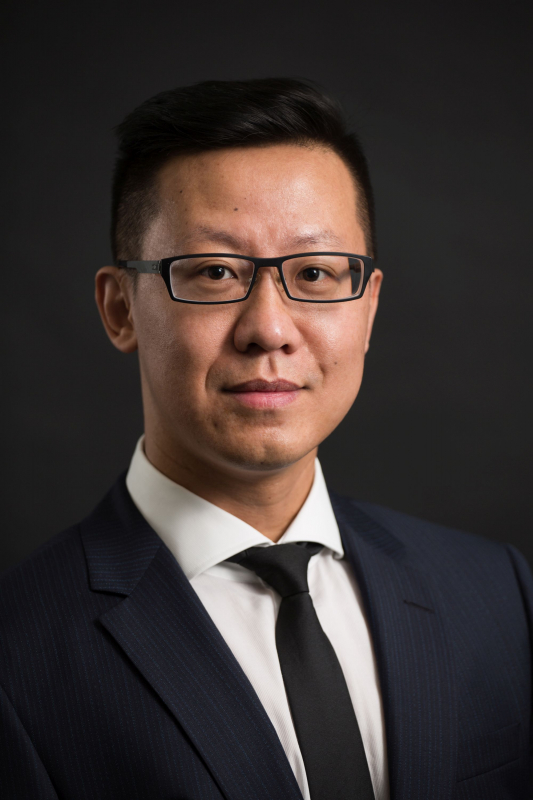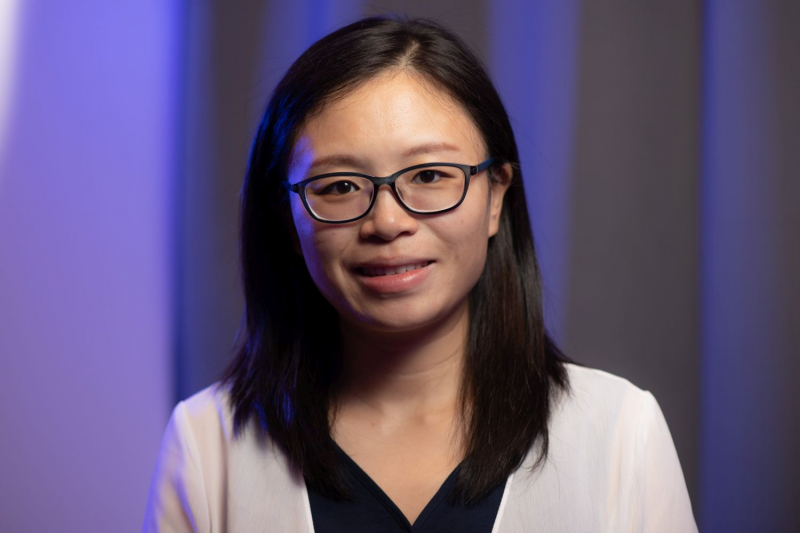A pair of researchers from the Cullen College of Engineering have received $500,000 from the National Science Foundation to lower energy consumption and service delay, two key components of federated learning's practical implementation in wireless networks.
Miao Pan, Ph.D., Associate Professor of Electrical and Computer Engineering, is the principal investigator for the grant, “Towards Federated Learning over 5G Mobile Devices: High Efficiency, Low Latency, and Good Privacy.” Xin Fu, Ph.D., Associate Professor of ECE as well, is a co-PI for the project. The funding comes from the Computer and Network Systems (CNS) Core program of the NSF for collaborative research.
According to the abstract for the grant, recent emerging FL allows data sources to collaboratively train a global model without sharing their privacy sensitive raw data. However, due to the huge size of the deep learning model, it downloads and updates generate significant amount of network traffic which exerts a great burden to existing telecommunication infrastructure.
“This project takes FL over 5G mobile devices as a workable application scenario to address this dilemma, which will significantly improve the design, analysis and implementation of FL over 5G mobile devices,” the grant authors wrote. “The research outcomes will substantially enrich the knowledge of machine learning technologies and 5G systems and beyond. Moreover, this project is multidisciplinary, involving machine learning/deep learning/federated learning, edge computing, wireless communications and networking, security and privacy, computer architectural design, etc., which will serve as a fruitful training ground for both graduate and undergraduate students to equip them with multidisciplinary skills for future work force to boost the national economy.”
Pan added, “Federated learning will never fly by the algorithm itself. Its practical implementation and service efficiency can only be achieved by synergized research efforts of machine learning, mobile device hardware, and wireless communications and networking.”
Outreach activities are also planned for high school students, to increase the participation of female and minority students in science and engineering. There are four design goals for the project:
-
Designing software-hardware co-designed model pruning schemes and adaptive quantization techniques in FL within a single 5G mobile device according to the local data and model sparsity property to reduce the local computation and memory access.
-
Making sound trade-off between "working" (i.e., local computing) and "talking" (i.e., 5G wireless transmissions) to boost the overall energy/communications efficiency for FL over 5G mobile devices.
-
Developing novel differentially private compression schemes based on sparsification property and quantization adaptability to rigorously protect data privacy while maintaining high model accuracy and communication efficiency in FL.
-
Building a testbed to thoroughly evaluate the proposed designs.
Pan said one doctoral student, Rui Chen, has already started working on the research. Pan and Fu are interested in jointly hiring more students to work on this project. For more information, visit the lab websites of Pan's AI, Networking Technologies and Security (ANTS) Lab, and Fu's Efficient Computer Systems (ECOMS) Lab.
The grant was awarded in July, and research began in October. The estimated time frame for the research is four years.

